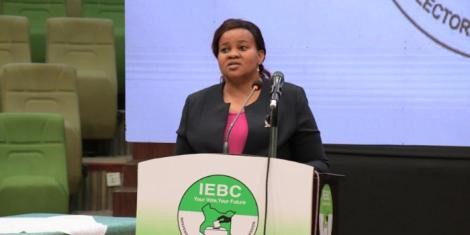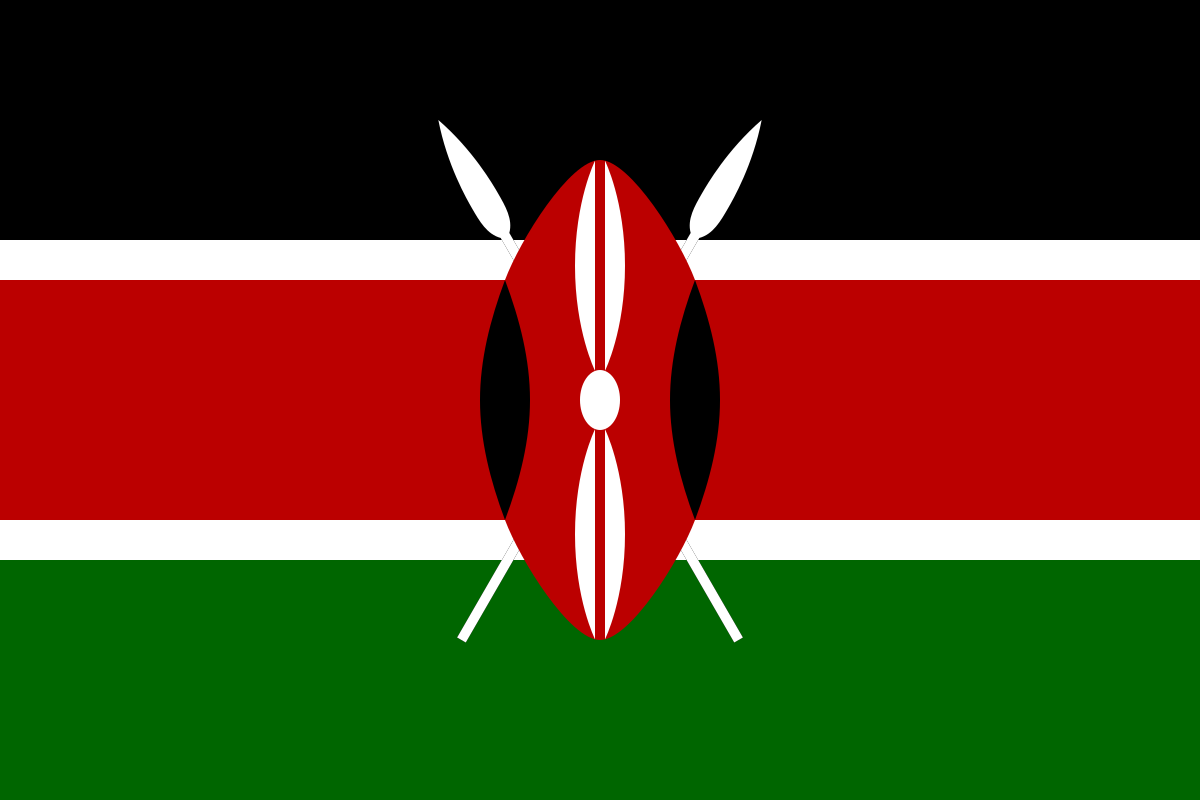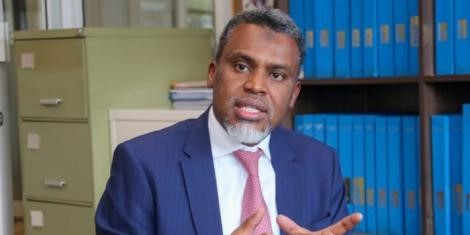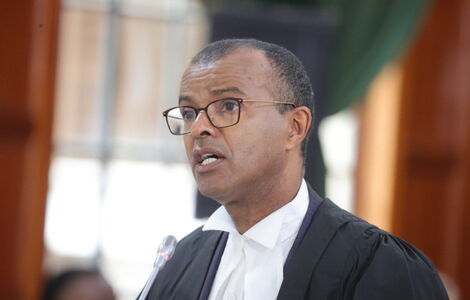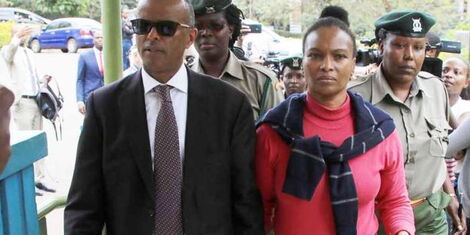-
IEBC Vice Chairperson Juliana Cherera during an IEBC briefing at the Bomas of Kenya on Monday, August 1, 2022. IEBC
-
The National Assembly Justice and Legal Affairs Committee (JLAC) on Thursday, December 1, parliament recommended the suspension of the four dissenting Independent Electoral and Boundaries Commission (IEBC) commissioners.
The report compiled by JLAC under its Chairperson, George Murugara, requested President William Ruto to form a tribunal to investigate the IEBC Vice Chairperson Juliana Cherera, Irene Masit, Francis Wanderi and Justus Nyang’aya over their alleged misconduct in the last general election.
“The committee recommends that the President suspend the four Commissioners herein pending the Tribunal verdict,” read the report in part.
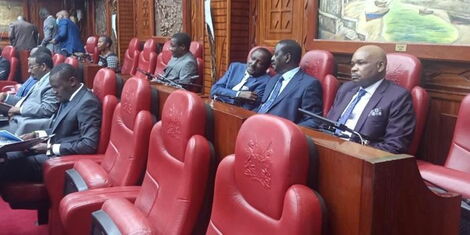 Back Row, From Right: Former Azimio Secretariat Spokesperson Prof Makau Mutua, ODM Leader Raila Odinga and Wiper Party Leader Kalonzo Musyoka appear in JLAC committee sessions in solidarity with the four dissenting IEBC commissioners. MAKAU MUTUA
Back Row, From Right: Former Azimio Secretariat Spokesperson Prof Makau Mutua, ODM Leader Raila Odinga and Wiper Party Leader Kalonzo Musyoka appear in JLAC committee sessions in solidarity with the four dissenting IEBC commissioners. MAKAU MUTUAThe resolve was a culmination of sessions held for the past week in which the aforementioned commissioners were summoned to appear before the committee in defence of the accusations levelled against them.
Cherera and the three commissioners were accused of gross misconduct and incompetence in managing the operations of the electoral body. However, the commissioners failed to appear before the JLAC committee which prompted the members to proceed with the process of compiling the report without their input.
According to their lawyers, JLAC committee lacked the jurisdiction to prosecute the petitions against them. In a statement presented before the committee, Commissioner Irene Masit's lawyer hinted at pursuing redress in court over the petitions.
The decision to snub the committee sessions followed an earlier appeal by former Prime Minister and Azimio la Umoja Chief Raila Odinga urging the four commissioners to boycott the summons.
Consequently, members of the JLAC affiliated with the Azimio coalition staged a walkout from the committee sessions arguing that the committee was hell-bent to see the removal of the dissenting four without according them a fair hearing.
Upon approval by members of the National Assembly in the plenary, the President will gazette their suspension and subsequently form a tribunal to investigate into their conduct.
The resolve of the JLAC came amid threats by the opposition faction to hold national wide demonstrations to oppose the move to impeach Cherera and her colleague commissioners.
Raila, while announcing the postponement of the scheduled consultation rallies reiterated the ruling side was determined to settle political scores against Juliana Cherera for the role they played in the August election.
Raila also alluded to a plan aimed at influencing the outcome of the 2027 general election.
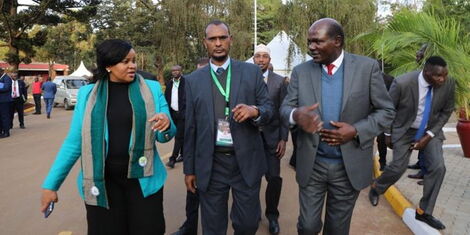 From left: IEBC Vice Chairperson Juliana Cherera, Commissioner Abdi Guliye and Chairman Wafula Chebukati at the Bomas of Kenya on Monday, August 8, 2022. KENYANS.CO.KE Robinson Ndungu
From left: IEBC Vice Chairperson Juliana Cherera, Commissioner Abdi Guliye and Chairman Wafula Chebukati at the Bomas of Kenya on Monday, August 8, 2022. KENYANS.CO.KE Robinson Ndungu



